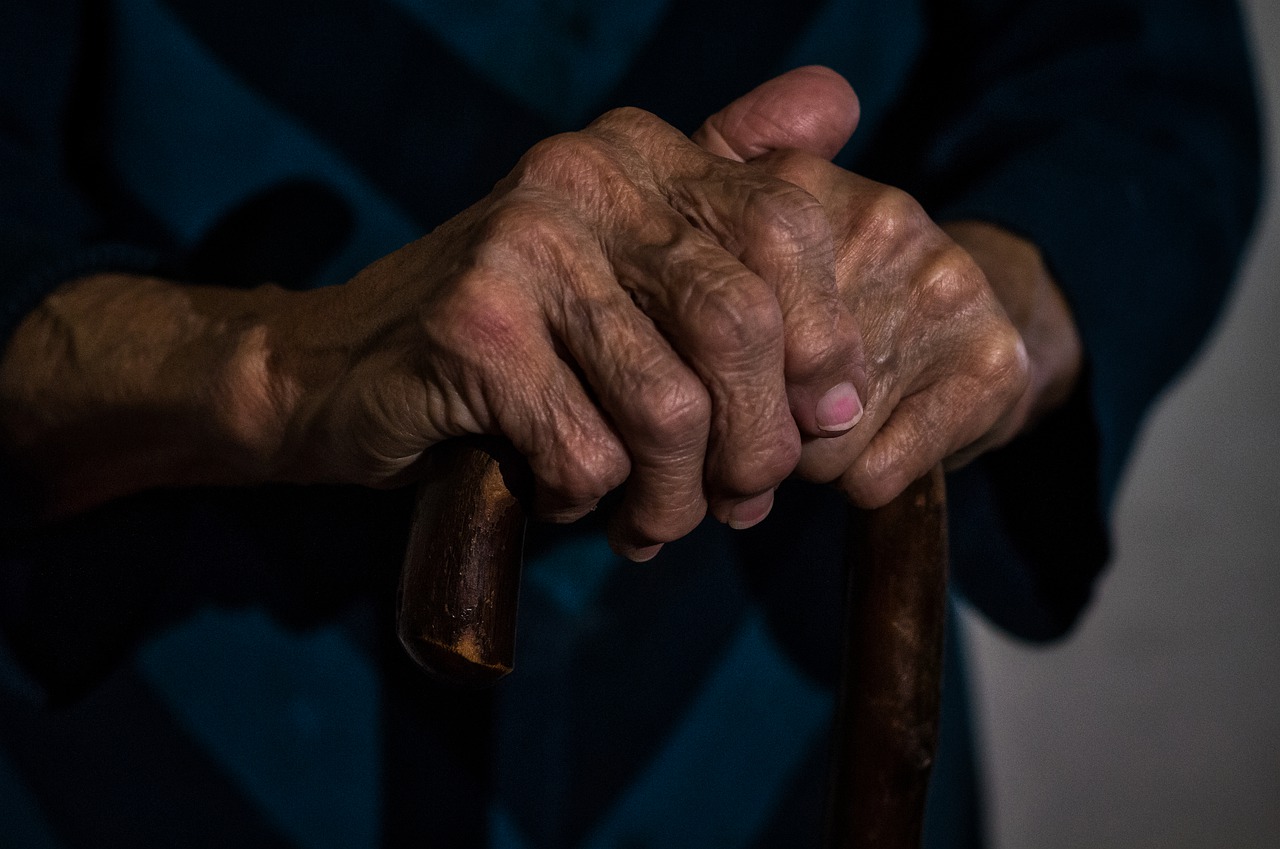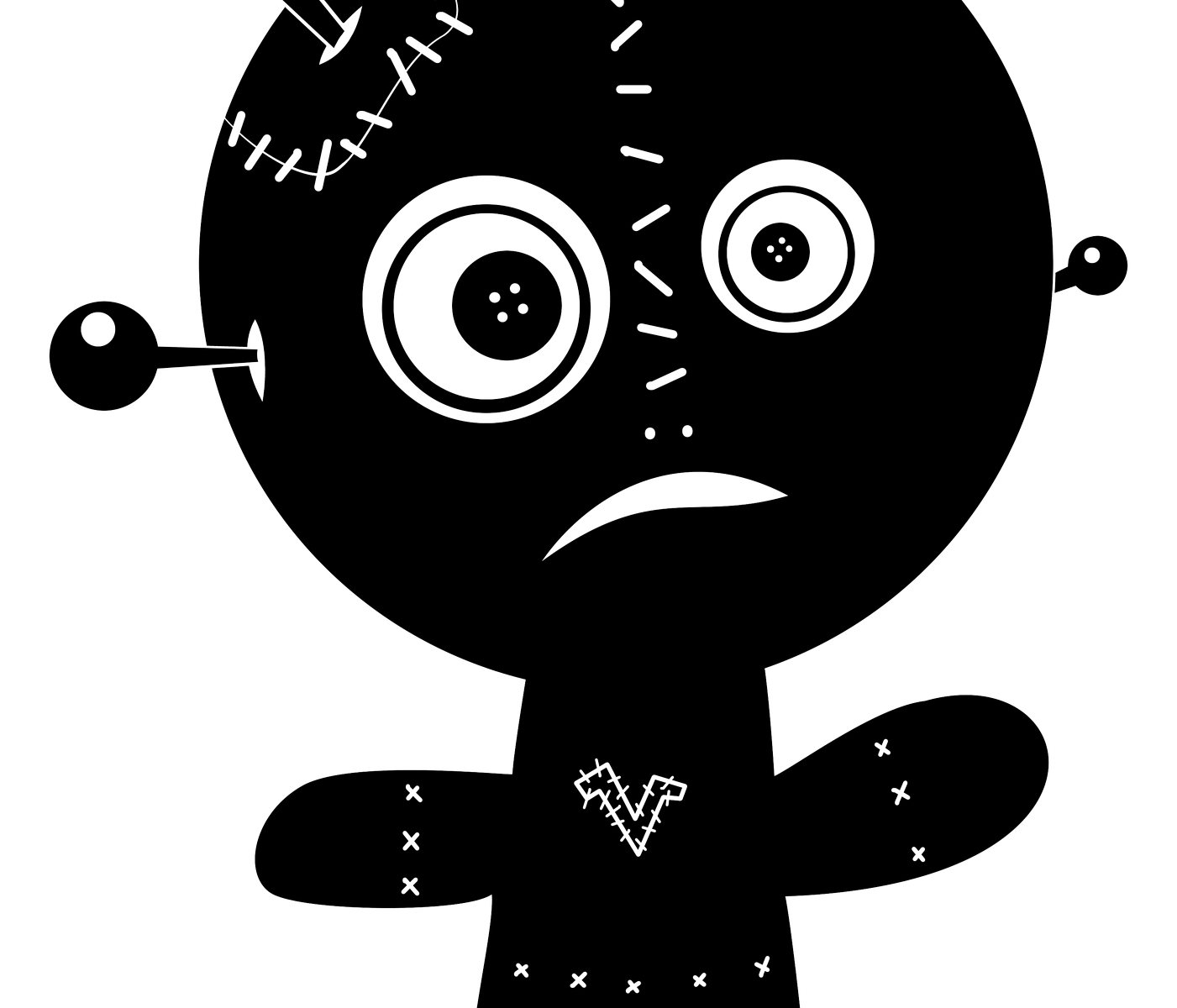Pause and reflect as this can happen here. The following passage from our esteemed colleague Wayne Michael Hall highlights a critical lesson. “Still, people didn’t believe it could get too bad; Germany was highly educated, and a cultural epicenter after all, home to Goeth, Schiller, Mozart, Beethoven, Wagner, Rilke and Hegel, among other great minds. It wasn’t until the night of the broke glass, Kristallnacht, when Goebbles and Hitler turned their nazi stormtroopers loose to murder, plunder, imprison and destroy Jews and their property that the nazi state’s bureaucracies, occupied by the wrong people and focused in the wrong direction, allowed the beast loose and with it came ferocity and savagery on a scale rarely seen. Then, the alternatives for the oppressed, primarily Germany’s Jews, became quite limited, particularly for people with little money. Soon the only alternative became to “go with the flow” and hope for the best. Their collective wills acquiesced because they saw no other alternatives. This too, would pass, they thought. The giant nazi nation-state run by powerful bureaucracies, brought home to the Jews of Germany and to homosexuals, communist, mentally disabled people, gypsies or anyone deemed non-Aryan what the the beast turned loose could be capable of doing to humanity; as the destroyer of alternatives and a destroyer of hope and, ultimately, mankind. By the time the German people fully understood the bureaucracy’s evil ways, it was too late to do anything. All of the feasible alternatives had been closed off by the nazi bureaucracy which had seeped into every nook and cranny of society. The beast’s masters at work in the bureaucracies faced no punishment and did not take responsibility for their actions, until they lost the war. Even then, most of them did not feel the pangs of guilt for the crimes that they conducted, even those people going to the gallows at the Nuremburg Trials except for one person, . . . Albert Speer. The beast had gone mad and the result was World War II; fifty million dead, including six million Jews murdered in death camps, hundreds of concentration camps, disrupted and dislocated people all over the world, and misery and pain to innocent men, women and children. Visit Yad Vashem in Jerusalem and the Holocaust Museum in Washington, D.C, sometime to get an education in what the beast is capable of doing.” (Hall, 2018)
The lesson is self-explanatory however I will leave you with these thoughts, thoughts that I perceive as prescient and instructive.
The Illusion of Immunity in Advanced Societies
Germany’s cultural and intellectual milestones were perceived as a safeguard against barbarity, yet they failed to prevent the descent into Nazism. In 2025, similarly advanced societies may assume they are immune to tyranny due to their democratic traditions, legal frameworks, or cultural sophistication. The frightening fact is that full faith in those qualities foments complacency, making it easier for authoritarian tendencies to take root. The erosion of civil liberties, normalization of hate speech, and consolidation of power under populist leaders are illustrative.
Bureaucracies as Tools of Oppression
The Nazi state weaponized its bureaucracies to enforce policies of exclusion and extermination, embedding discrimination into every level of German government and society. Politicized bureaucracies, misused A.I. and social media, or systems designed to exclude marginalized groups can and will serve as instruments of oppression. Discriminatory immigration policies, surveillance abuse, or gerrymandering to entrench power are clear examples.
The Role of Scapegoating and Polarization
The Nazis targeted Jews, LGBTQ+ individuals, Romani people, mentally handicapped and others, creating the perception of “enemies within: to consolidate power and distract from economic or political failings. Statements like “enemy of the people”, is characteristic. Political leaders may use similar tactics, scapegoating minority groups or political opponents to inflame their base and distract from systemic issues like economic inequality, inlusion, civil rights abuses or climate crises.
The Destroyer of Hope and Alternatives
The lack of viable options for Germany’s oppressed populations made resistance seem futile, forcing many to surrender or flee. Systemic disenfranchisement, disinformation, the restriction of voting rights or peaceful demonstration similarly erode hope and stifle dissent, leaving vulnerable populations without alternatives.
The Danger of Inaction and the Cost of Ignorance
Germans as a whole underestimated the threat of Nazism until it was too late. Apathy and denial allowed Hitler to consolidate power unchallenged. Right now, democracies face homogeneous risks if citizens fail to recognize or act against the encroachment of authoritarianism, misinformation and disinformation campaigns driven by unregulated social media platforms, and restrictions on civil freedoms. In the presence of silence and inaction, harmful ideologies to take root and flourish.
What should we observe? What must we see to stop authoritarianism in its tracks? Leaders who consolidate power and any cost, undermine judicial independence, attack the free press, appoint unqualified cronies to senstive judicial, defense and intelligence positions, threaten member of their own political parties with banishment should they dare to “take sides” against the “leader”. These actions echo the bureaucratic centralization and propaganda tactics used by the Nazis. Surveillance tools, artificial intelligence, and digital platforms can be weaponized to track “the enemy withing”, spread disinformation and deepen societal divisions. THESE are the tools of modern bureaucracies of mass control. Efforts to restrict voting rights, limit freedom of assembly, limiting the free press by threatining the revocation of FCC licenses, lawsuits against or flagrant harassment of newspapers, and discriminatioin against specific groups will appear to be incremental but snowball into systemic oppression. The inability to address global crises like climate change, pandemics, commerical trade controversies or geopolitical conflicts can lead to mass displacement, economic collapse, and extremism, mirroring the chaos of the interwar period that fueled the rise of the Nazis.








